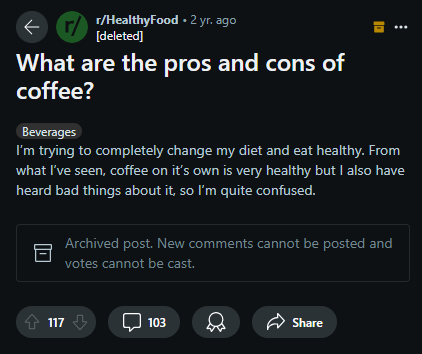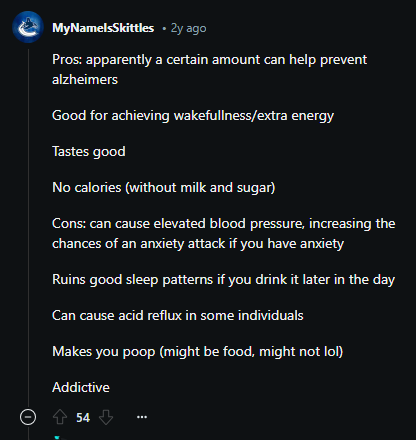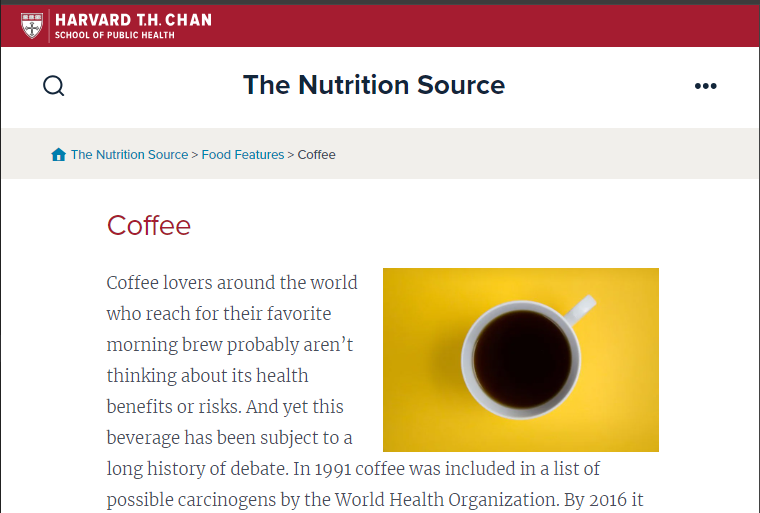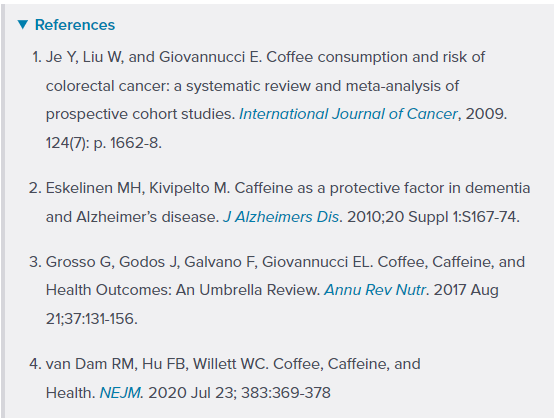Appearance
Unit 2 | Apps and the Internet
Reputable Sources
Previous content that will be useful to know
This section relies on information contained in the previous sections listed below. If you find this section difficult to understand, it may help to go back and review these past sections. Click on a link to go to the prerequisite section, or use the menu.
The internet is where most people get their information. It is easy and fast to get information on almost anything you could think of. The issue is that anyone can put any information they want on the internet, regardless of whether it is true. This is why identifying reputable sources is so important.
Here are some scenarios where it would be particularly important to get information from a reputable source:
- Doing research for a project at school or work
- Reading the news
- Learning about candidates for an election to decide who to vote for
- Reading health-related information, such as whether sunscreen prevents skin cancer
Below are some things you can consider to determine whether a source is one to be trusted.
Who is the author?
Is there an author listed, and if so, what experience or knowledge do they have? Maybe they are a scholar in their field. Maybe they are a professional in some other way, like a real estate agent writing an article about how to buy a house. If they are an anonymous person on social media, there is no way to verify who they are, so it is safer to assume they are not an expert.
What are the author's motiviations?
Sometimes people have other motives that cause them to share innacurate information. For instance, maybe they are trying to sell you a product. Even if it is not their own product they are talking about, sometimes people are being paid to advertise behind the scenes. For instance, recipe blogs sometimes have links to ingredients from particular brands. They could actually like these brands' ingredients, or they could just want to make money from advertising them.
Attention grabbing is a motivating factor to share exaggerated, inaccurate information. Titles of videos and articles may be dramatically worded to bait you into clicking on them. This is called clickbait. The more people who click on a web page or video, the more money that can be made through advertising.
Another thing to consider is the biases of the author which may influence the accuracy of what they say. Of course, this is true of all forms of media, not just the kind that lives on the internet.
What kind of source is this?
Is this a journal article? A blog? A comment left on a video? What kind of review process would this source have had to go through before being published? What are the consequences for the author if the information is found to be innacurate?
In some cases, like when writing a research paper, there are higher expectations for sources. You might have to limit yourself to scholarly sources like journal articles in these cases. Other times, more informal sources could be Ok, like looking on social media for the best restaurants in a city you're going to visit.
How current is the information?
Is there a date given of when this information was last updated? If it is old information, it may not be accurate anymore.
Where does the information come from?
If there are facts and statistics being shared, what source do they come from? If you look at those sources, does the information match up? Sometimes people use numbers and graphs to make their point seem more credible, but they are actually misunderstanding or misrepresenting the original source.
Does the information make sense?
Does this align with things you know to be true? Does the author clearly explain how they reached their conclusions? If something sounds weird or made-up, it may be worth looking into further. You can see if it aligns with what other sources are saying.
Example comparison of sources
Say we want to learn if coffee is healthy to drink. We do a search for "is coffee healthy?" on Google.com.
One result that comes up is a post on a website called Reddit about whether coffee is healthy.

The comments appear to be from anonymous users like MyNameIsSkittles.

MyNameIsSkittles could be a coffee expert, but there's no way to verify this. We don't have any information about who they are. It's safer not to trust what they say. So, this post and the comments under it are not a reliable source.
Another result that appears in our search is an article from The Nutrition Source, which appears to be affiliated with Harvard T.H. Chan School of Public Health.

This article has citations of studies on coffee which it got its information from. This is an indication that the information is reliable.

Also, this website has an About page which explains the following:
Launched in 2001, The Nutrition Source accepts no advertising or commercial sponsorship, nor does it endorse any particular products. Expert faculty from the Department of Nutrition and other invited experts review all content before it is posted on the site, and all content is re-reviewed regularly.
This indicates that The Nutrition Source is a much more reliable source about the health effects of coffee compared to the Reddit post shown previously. It's still probably a good idea to consult a few different reliable sources before coming to any conclusions.